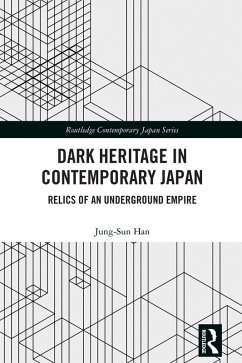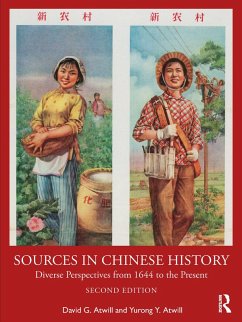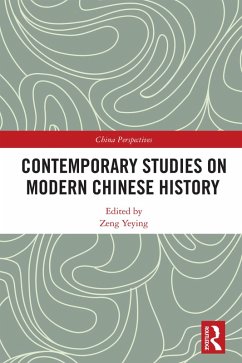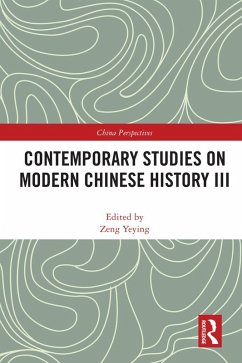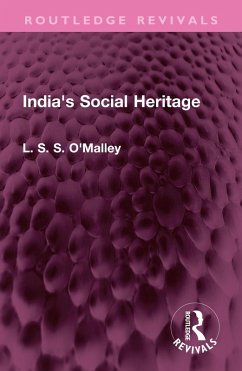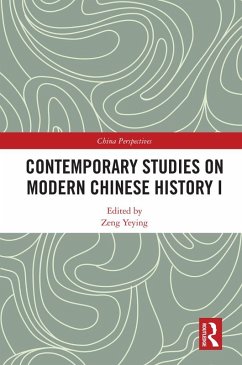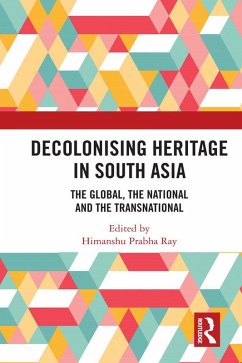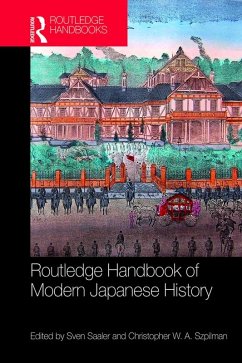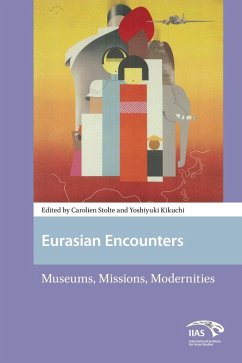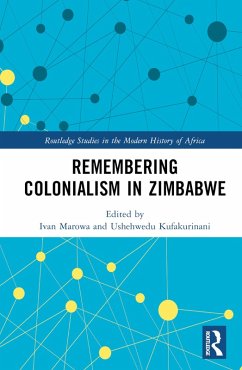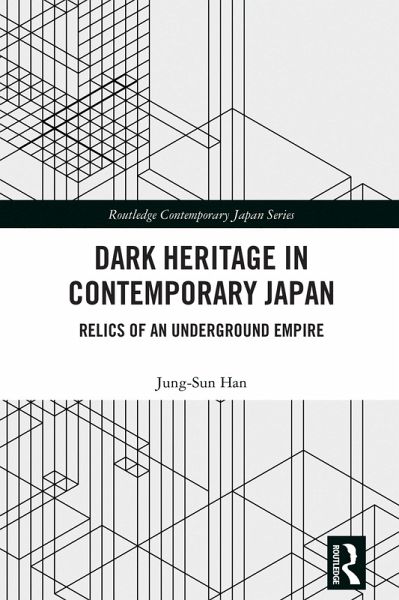
Dark Heritage in Contemporary Japan (eBook, PDF)
Relics of an Underground Empire
Versandkostenfrei!
Sofort per Download lieferbar
42,95 €
inkl. MwSt.
Weitere Ausgaben:

PAYBACK Punkte
21 °P sammeln!
This book examines civic activism to conserve dark heritage built by the colonial and wartime labor regime in contemporary Japan.Introducing and analyzing local organizations and their activities in multiple locations throughout Japan, this book looks at the ways in which the Japanese have remembered, negotiated, and re-experienced their wartime past. Drawing insights from disciplines including critical heritage studies, social movements, the history of colonialism, imperialism, and decolonization, the book brings into focus the Japanese civic activism which confronts the legacies of the warti...
This book examines civic activism to conserve dark heritage built by the colonial and wartime labor regime in contemporary Japan.
Introducing and analyzing local organizations and their activities in multiple locations throughout Japan, this book looks at the ways in which the Japanese have remembered, negotiated, and re-experienced their wartime past. Drawing insights from disciplines including critical heritage studies, social movements, the history of colonialism, imperialism, and decolonization, the book brings into focus the Japanese civic activism which confronts the legacies of the wartime labor regime operated throughout the colonial empire. By tracing the formation of grassroots movements to conserve war-related sites throughout Japan, it argues that reclaiming places for plural war memories bequeathed by colonial empire has been pivotal in creating public spaces for civic activism attentive to identities and differences in contemporary Japan.
Delving into the multilayered connections between the memories of imperial wars, colonial empire, and place-based politics in postwar Japan, this book will be a valuable resource to students and scholars of colonialism, heritage studies and Japanese history.
Introducing and analyzing local organizations and their activities in multiple locations throughout Japan, this book looks at the ways in which the Japanese have remembered, negotiated, and re-experienced their wartime past. Drawing insights from disciplines including critical heritage studies, social movements, the history of colonialism, imperialism, and decolonization, the book brings into focus the Japanese civic activism which confronts the legacies of the wartime labor regime operated throughout the colonial empire. By tracing the formation of grassroots movements to conserve war-related sites throughout Japan, it argues that reclaiming places for plural war memories bequeathed by colonial empire has been pivotal in creating public spaces for civic activism attentive to identities and differences in contemporary Japan.
Delving into the multilayered connections between the memories of imperial wars, colonial empire, and place-based politics in postwar Japan, this book will be a valuable resource to students and scholars of colonialism, heritage studies and Japanese history.
Dieser Download kann aus rechtlichen Gründen nur mit Rechnungsadresse in A, B, BG, CY, CZ, D, DK, EW, E, FIN, F, GR, HR, H, IRL, I, LT, L, LR, M, NL, PL, P, R, S, SLO, SK ausgeliefert werden.




